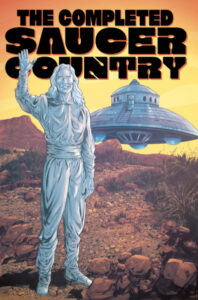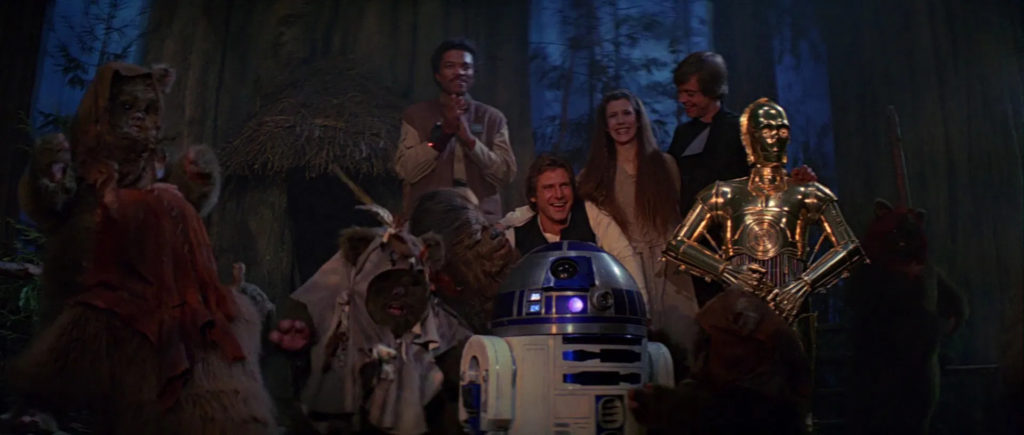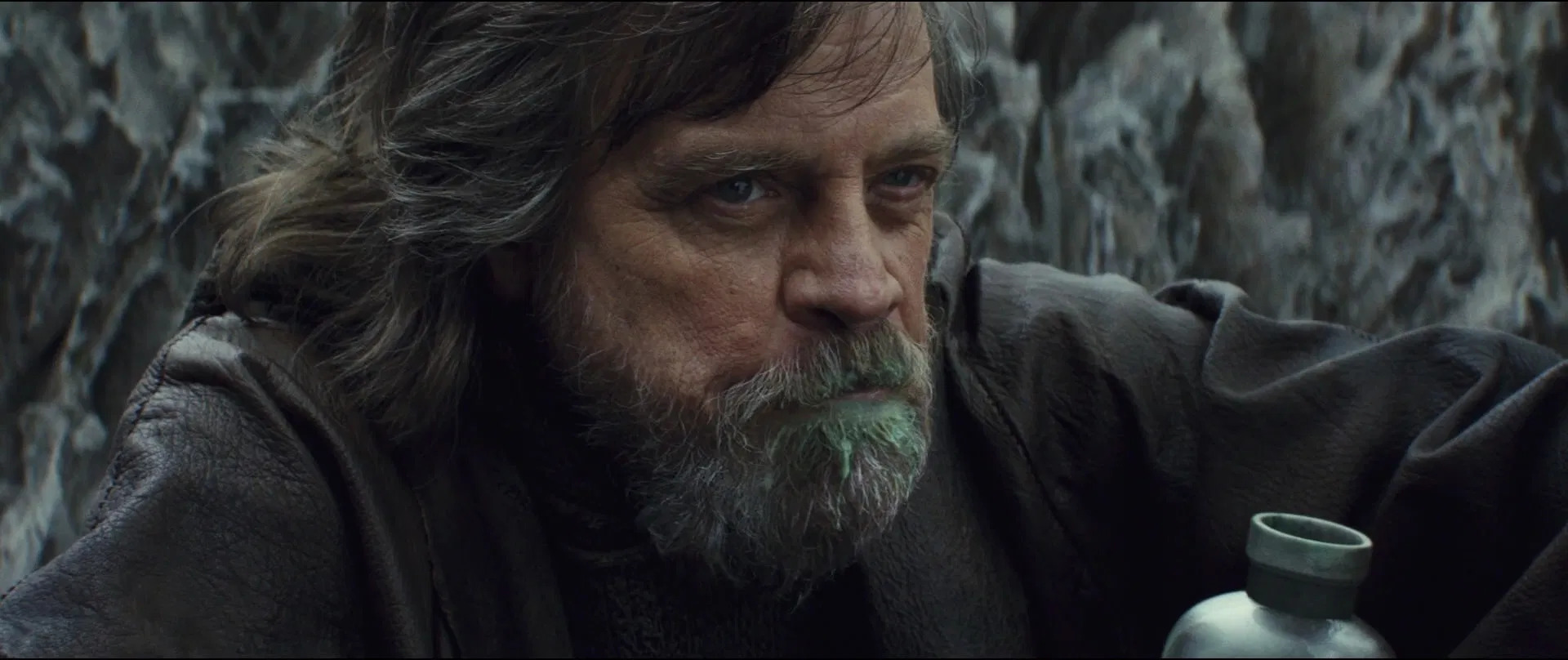Humble Bundle is offering 30 books* by Ursula K. Le Guin supporting Literary Arts, including all of Earthsea, several Hainish novels, Catwings, short stories, Gifts/Voices/Powers, nonfiction writing…
I’ve read the Earthsea series (good-to-great) and most of the Hainish novels (some great, some good, some OK), plus Lathe of Heaven (great), and I’ve got copies of several more on my to-read pile, but I’m totally grabbing this for the nonfiction and short stories. Plus I get another format for my Earthsea reread that’s not the giant collected hardcover tome or my old fragile paperbacks.
I’m going to have a lot of reading material next year.
*As ebooks through Kobo
Update: Unfortunately they aren’t DRM-Free. Kobo does have some of her books without DRM, but as far as I can tell, the only one in this bundle is The Unreal and the Real.
The others I’ve found just now are: Worlds of Exile and Illusion, The Eye of the Heron, The Word for World is Forest, and The Beginning Place. Tor seems to be big on requesting non-DRM formats. These may be all of them currently available without DRM: eBooks.com, where I previously bought Forest, has a filter on their search for DRM-Free, and only turns up the same four books.
It seems kind of ironic to sell The Dispossessed (of all books!) encumbered with DRM.


